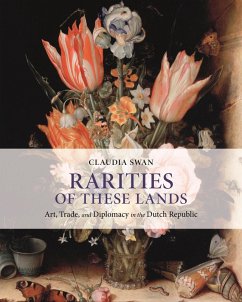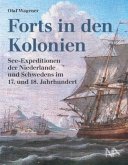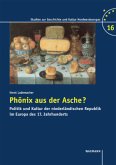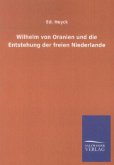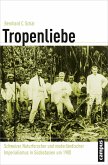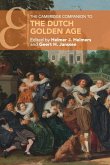"The early years of the seventeenth century saw a great flourishing of Dutch culture. In the arts, this was the era of Vermeer and Rembrandt, as well as the development of a local art market. Commerce extended around the world, with state-sponsored trading companies importing foreign goods. Politically, the Netherlands became the first nation-state in Europe, in 1648. In this book, Claudia Swan considers all these aspects together, examining the material culture of the period-the designed, manufactured, and hand-crafted materials and wares-to show how the Dutch encounter with so-called "exotic" goods played a fundamental role in the country's political formation"--
Bitte wählen Sie Ihr Anliegen aus.
Rechnungen
Retourenschein anfordern
Bestellstatus
Storno

